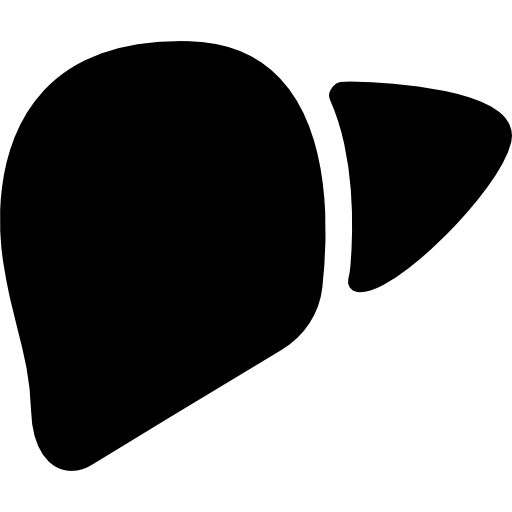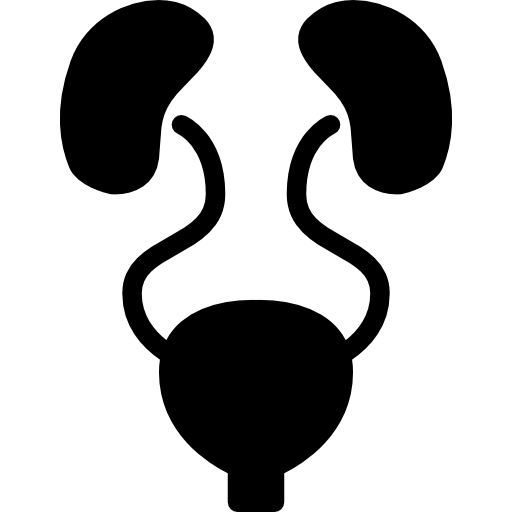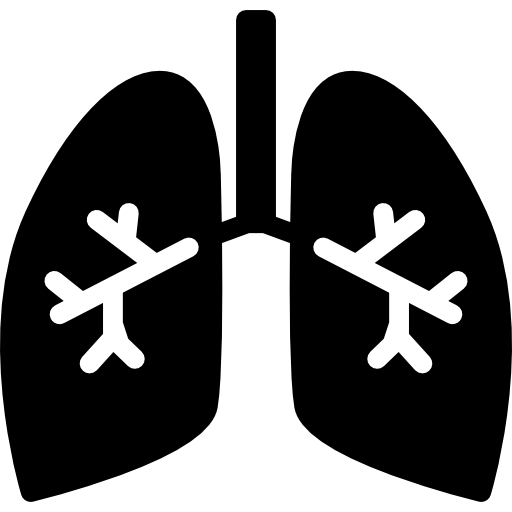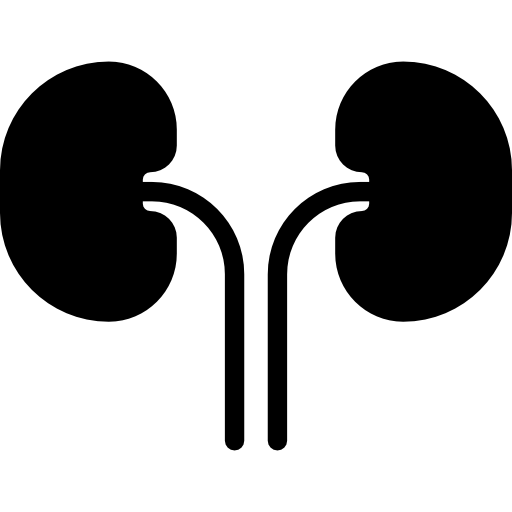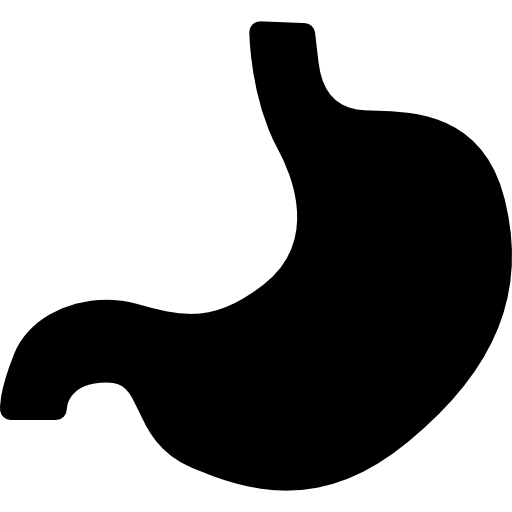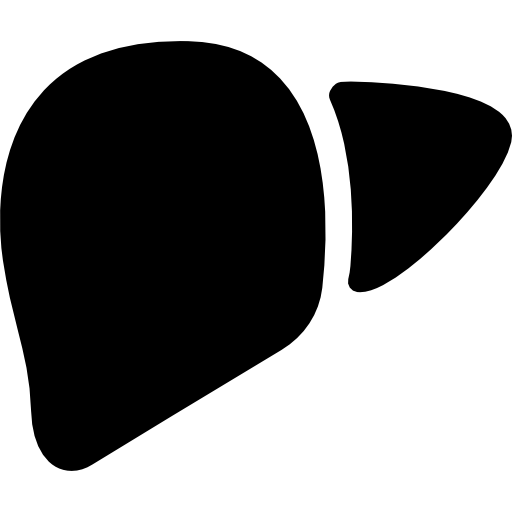AZD9291 is a milestone in the development of medicine for lung cancer
From:Health line Date:2017-04-21 17:13
Lung cancer is one of the most malignant tumors with the fastest growth rate of morbidity and mortality and the most serious threat to people's health and life. In the past 50 years, many countries have reported that the incidence and mortality of lung cancer are obviously increased. The incidence and mortality of lung cancer are the first in all malignant tumors. The incidence of female is second, and the mortality rate is second.
In recent years, with the development of molecular biology, the epidermal growth factor receptor tyrosine kinase inhibitor (EGFR-TKI) has made a breakthrough in the molecular targeting therapy of advanced non-small cell lung cancer (NSCLC). The development of the new drug is the process of fighting with the disease, and the tumor cells are in order to avoid the treatment of drugs. And there is a mutation, and we can't wait for death.
Advanced lung cancer therapy has developed to today's third generation target drug (the first generation of Iressa) and terrokay (Tarceva), to the second generation of alafinib (Afatinib), to bring hope for the treatment and life of the lung cancer patients.
The effects of these drugs are generally very short, and resistance to 9-11 months will occur because the cancer cells can escape the therapeutic activity of EGFR or ALK inhibitors by mutating and changing the way they grow.
AZD9291 is the third generation TKI targeted drug targeting T790M mutation, which is mainly used for the treatment of advanced non-small cell lung cancer (NSCLC).
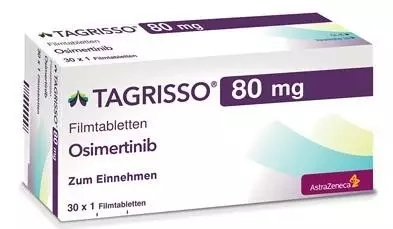
T790M gene mutations are most common in patients who are taking Iressa or terrokay. Patients who have found mutations in the T790M gene in the course of taking the ielsa or terrokay are uncontrolled, and AZD9291 can solve the problem and provide a new treatment for the patients.
In the clinical studies carried out, the performance of AZD9291 is very encouraging. In one of the earlier clinical studies, 199 patients with advanced non small cell lung adenocarcinoma were taken AZD9291. The results showed that 51% of the patients had a narrowing of the lung mass, and for 89 of the patients who were resistant to ireesa and terrokay, 64% had a response to the AZD9291, and the study did not appear to be with AZD9291. Severe toxic and side effects. In one of the latest clinical studies, 239 patients with advanced non-small cell lung cancer were treated with AZD9291, and their tumor control rate reached 84%, of which 127 confirmed EFGR-T790M mutations in 95% of the tumor control rates, and the survival of the patients was very significant.



